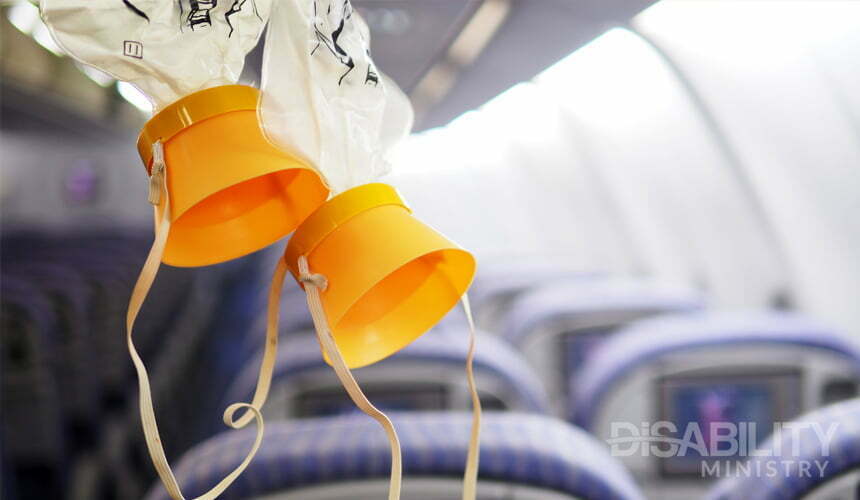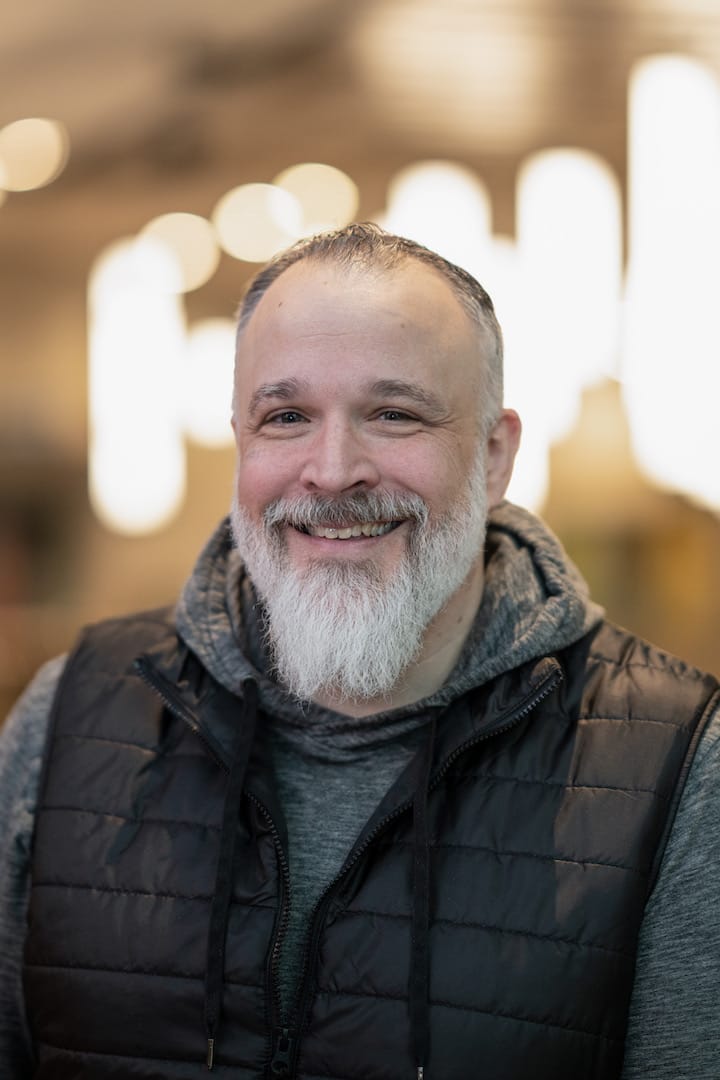

Stop me if you have heard these instructions before.
Oxygen and the air pressure are always being monitored. In the event of an emergency, an oxygen mask will automatically appear in front of you. To start the flow of oxygen, pull the mask towards you. Place it firmly over your nose and mouth, secure the elastic band behind your head, and breathe normally. Although the bag does not inflate, oxygen is flowing to the mask. If you are travelling with a child or someone who requires assistance, secure your mask on first, and then assist the other person.
If you have every flown, you have no doubt heard some variation of these instructions. If you fly routinely you these instructions have probably become white noise to you.
There is a part of these instructions that has always seemed counter intuitive to me. The last sentence instructs you to put your mask on first if you are travelling with a child or someone who requires assistance. As a parent who has flown cross country with small children it would be my first instinct to want to be sure that their needs are met first. I don’t even think I would consider grabbing my mask before helping my children, but that’s not what the instructions say.
Have you ever considered why?
It’s simple. If you run out of oxygen first you won’t be able to help anyone. How is that for a powerful illustration?
Self-care must be at the top of your list if you are going to be as effective as possible. I get it. It is counter intuitive. Your sacrificial love always tempts you neglect yourself to make sure that all your loved ones’ needs are met. But remember the gas mask! If you run out of oxygen, or energy, how good of care can you provide?
When you don’t practice good self-care habits problems can arise quickly. Common issues that caregivers encounter are feeling overwhelmed, feeling isolated, anger, depression, poor eating habits, lack of exercise, sleep deprivation, and substance abuse.
Whether a caregiver or not, most of us are not good at self-care if we are honest. Other things always seem to take precedence in our lives. Being good at self-care takes intentionality.
There will come times in our lives that if we don’t care for our selves no one else will. A great example of this can be found in the book of Samuel. We see this in the life of David. David finds himself “greatly distressed.” That is a feeling that all caregivers can identify with. David’s distress came from the fact that he was isolated. He found himself in a time when the people around him wanted to kill him. There was no one there to encourage David.
David does something that I believe to be a lost art among Christians. David cares for himself. We see this in 1 Samuel 30:6.
But David strengthened himself in the Lord his God. (NRSV)
It doesn’t say that anyone came to his rescue and strengthened him. No one was there for him, so he took it upon himself to practice good self-care in a moment of distress. I also like the King James Version of his verse.
But David encouraged himself in the Lord his God. (KJV)
That is an amazing verse. He encouraged himself. He didn’t play the victim role. He didn’t blame himself. He didn’t cry out for help. He didn’t wait to be rescued. This verse simply says he encouraged himself in the Lord.
Yes, when we find ourselves completely emptied out this certain sounds easier said than done. God no doubt put this verse in the Bible to remind us that we can in fact build ourselves up. We do this through the strength that comes only from the Lord.
Self-care is a big part of this. Self-care is not something that you as the caregiver should ever feel guilty about. You must find things that fill you up as you constantly pour yourself out. This will never happen unless you are intentional about it. Schedule it and execute it. Make no apologies for taking care of yourself.
Only you know what fills you up. Here is a list of things that could help. Pick one or make your own list.


